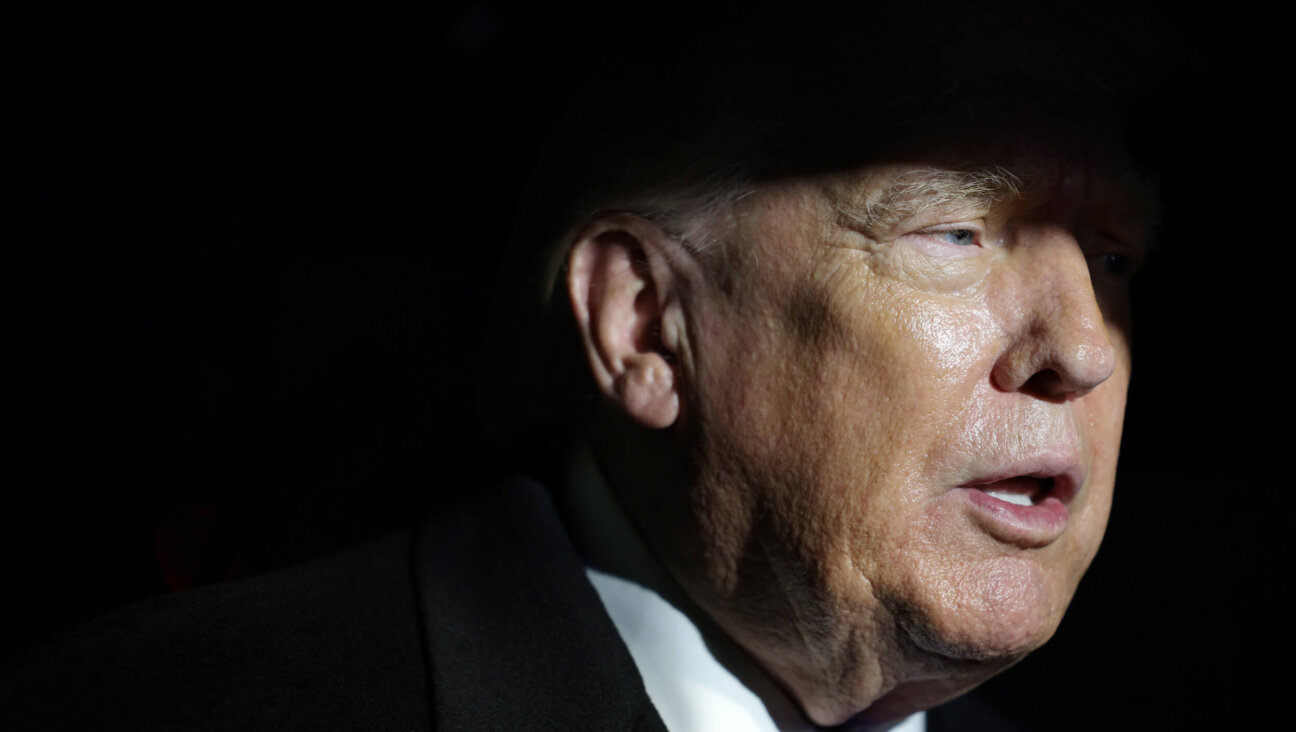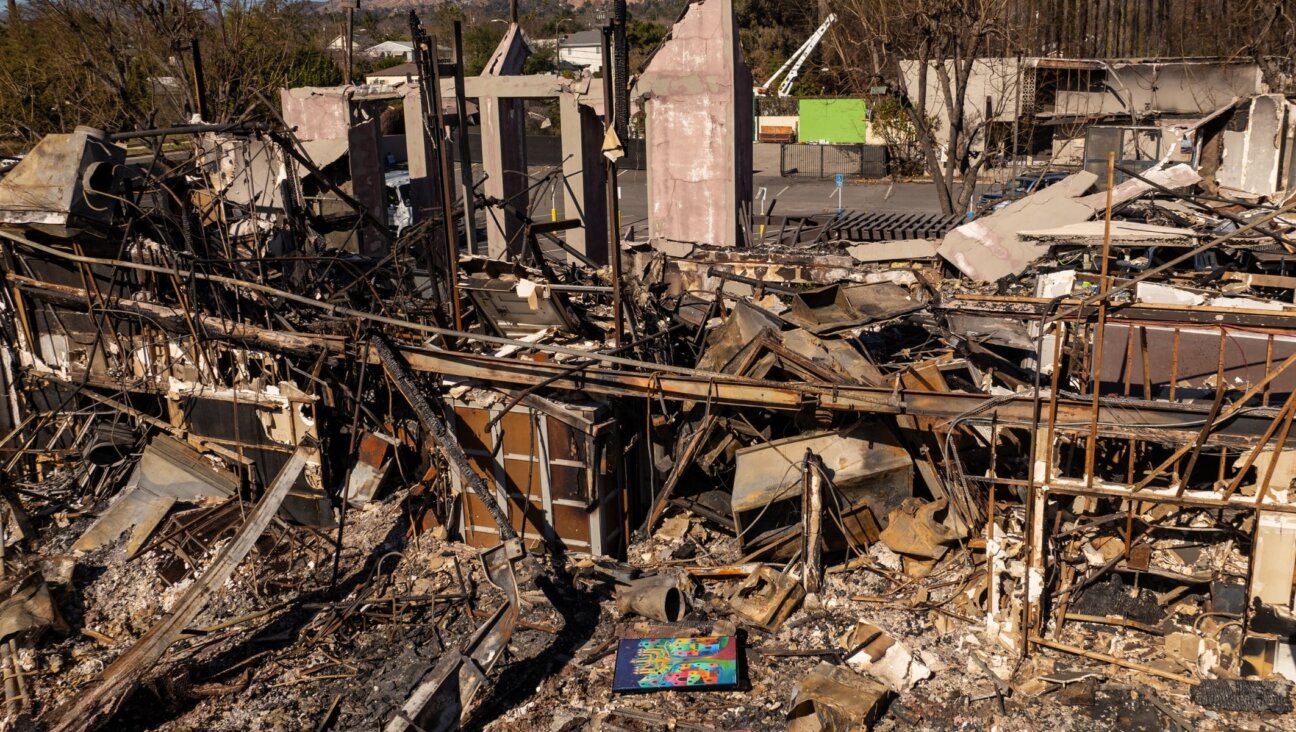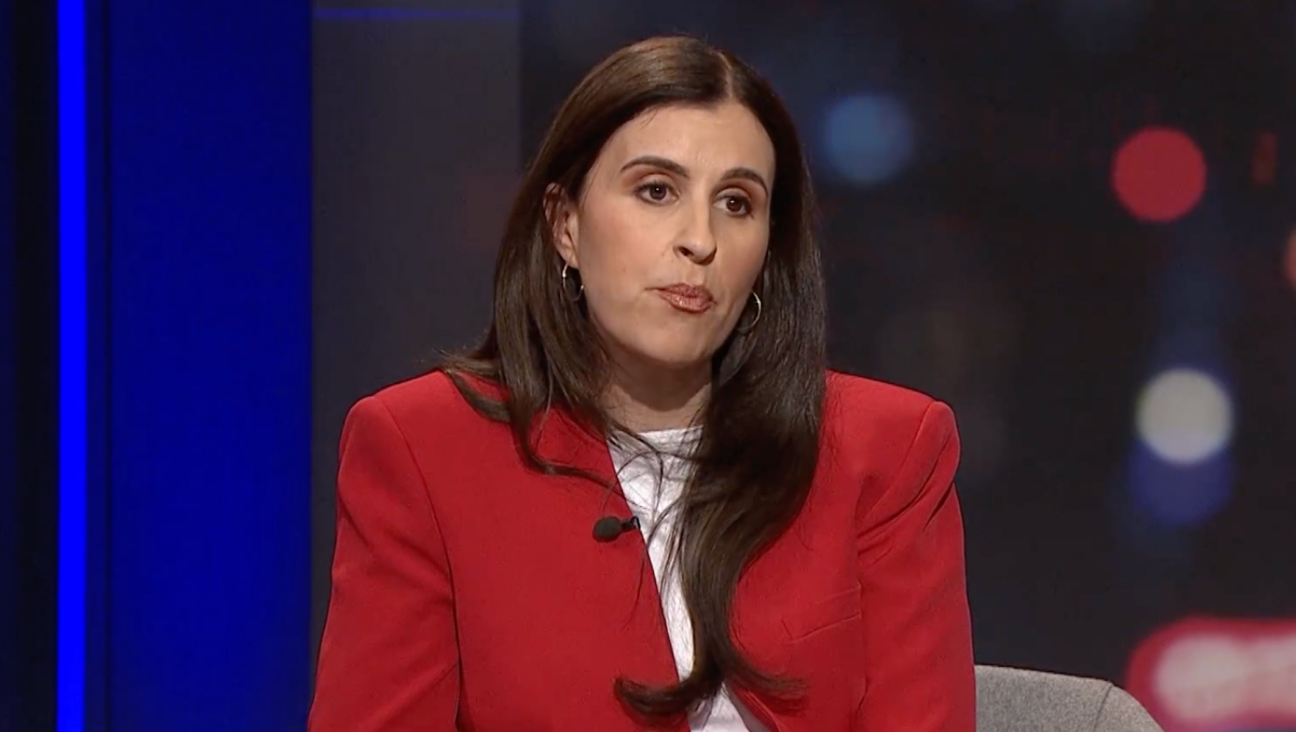Shutting the Doors
Rabbi Louis Jacobs was well on his way to becoming chief rabbi of the United Kingdom in the 1960s, when his ascension was stopped cold because of a small, brilliant book he had published challenging the traditional view that the Torah was dictated by God from Mount Sinai. Banned from his own Orthodox synagogue, he inspired the birth of the Masorti movement in Britain, and went on to author more than 50 books, achieving worldwide fame for his scholarship, eloquence and aptitude for reconciling Orthodox practice and modern belief.
But that hardly mattered when, decades later at his granddaughter’s auf ruf, Jacobs was denied the honor of being called to the Torah. He had long ago crossed a theological line laid down by the Jewish religious establishment in Britain, and it was not to be forgiven.
Today, the theological requirements for Jewish communal leadership have largely been replaced by a simpler question: Where do you stand on Israel? Answer incorrectly, and you may no longer be considered an acceptable Jew.
Judge Richard Goldstone is no Louis Jacobs, and readers of this page are aware that the Forward was sharply critical of the damaging report bearing Goldstone’s name that accused Israel and Hamas of war crimes in the Gaza military campaign. Jacobs was once voted “the greatest British Jew of all time.” It’s doubtful that Goldstone will ever be a candidate for that sort of honor.
Nonetheless, the demonization and isolation of Richard Goldstone is wrong, offensive and, frankly, in violation of the very Jewish values that the community pretends to uphold. That the man cannot even attend his grandson’s bar mitzvah in South Africa speaks volumes about the intolerance and ignorance of those who bully in the name of Israel.
The head of South Africa’s beit din, or Jewish religious court, has been quoted as saying that Goldstone is staying away from the bar mitzvah of his own volition, calling it “quite a sensible thing to avert all this unpleasantness.” Unpleasantness? That’s hardly the description we’d give to threats of disrupting a religious service on Shabbat. It is deeply troubling that the leader of so notable a Jewish community would give his hekhsher to this sort of intimidation.
Reuven Livingstone, an Orthodox rabbi from South Africa who says he is “no fan” of Goldstone, noted that even someone under the religious ban of cherem (excommunication) — an extremely rare occurrence that was not invoked in this case — is still allowed to pray with other Jews. “The implications of shutting the synagogue doors on any Jew are simply enormous and establish a dangerous and awful precedent,” Livingstone wrote.
The sorry consequences of shutting the synagogue doors on Rabbi Jacobs are now well-recognized; many believe that British Jewry lost an important opportunity to embrace modernity and be strengthened by it. Shutting the doors on Richard Goldstone may also have unforeseen consequences, if it heralds a time when a few bullies can decide who is a Jew.
















